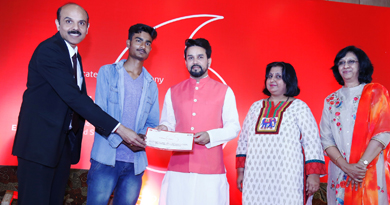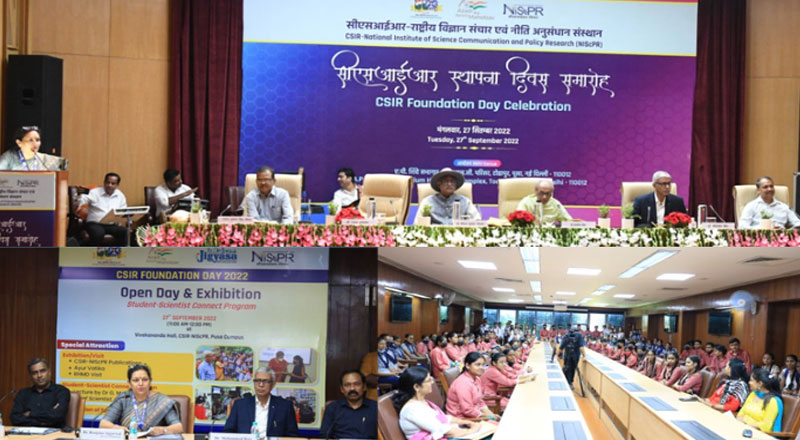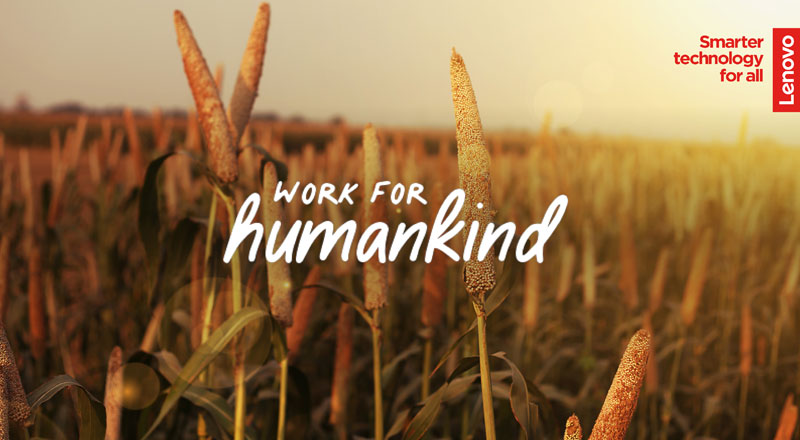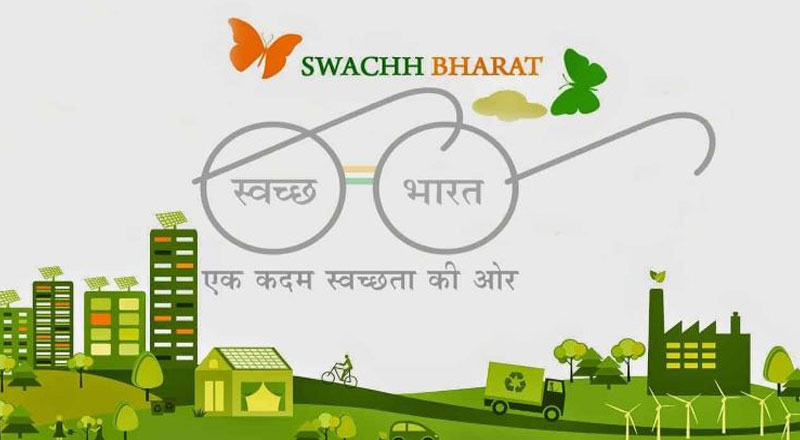Hailing from a traditional farmer’s family, 19 year-old Sarika rose above her limitation to follow her passion for sports. The National level Kabaddi player injured herself during a training session and lost all hopes.
A young 20 year old Rajkumar was a school dropout and lacked employability skills while his brother and father struggled to meet the bare minimum requirements. His mother was chronically ill and needed a fair amount every month for her medical expenses.
Sarita and Rajkumar along with 358 more youth were part of a unique project titled ‘Saksham’ run by the Vodafone Foundation that offered dedicated vocational training as well as sustainable livelihood options to underprivileged youth and that too within their own vicinity. Today Sarita is a working with a local newspaper and earning her living after successfully completing ITES course through Sakhsham. Rajkumar was enrolled in Mobile repairing course and today is earning his livelihood working in a store. He has enough savings to take care of his mother’s medical expenses. Some of these ‘graduates’ of Saksham project today were honoured with certificates by Hon’ble MP Shri Anurag Thakur ji.
Congratulating the youth and Vodafone on completing this novel project, he said, “Empowering youth is of utmost importance in today’s scenario. At a time when we are advancing towards building a new India, youth involvement is the key. It is unto us to ensure that ample growth opportunities are provided to the youth be it in the form of sports, academics or vocational. The collaboration between Vodafone and Paryas Society is a step in this direction that is aimed at empowering local talent by aiding them in finding the right job within their own region. I am happy to see participation from global MNC’s like Vodafone that have come forward to provide skills training to the youth. I wish all the students all the best for all their future endeavors and I am certain they will make the State proud.”
Using the Basic Employability Skill Training (BEST) model, Vodafone Foundation and its implementation partner CAP Foundation, selected 360 youth (including 208 women) between the age of 15 to 35 and provided them relevant skill training in disciplines that are diverse and yet whose consumption will be local and relevant to community, thus enabling employment over the long term.
Speaking about Vodafone’s commitment to Indian youth, Shri P. Balaji, Director – Regulatory, External Affairs & CSR, Vodafone India Ltd, said, “India has one of the youngest populations in the world. The vision of a super power India, to which we are all committed, requires an abundance of skills, new learnings and opportunities for sustained employment for the youth, especially at the grassroots. The success of project Saksham demonstrates a ready model that addresses the entire skills to employment cycle end-to-end, is local, low cost and easily scalable.”
Aligned to the emerging National Occupational Standards and the National Skills Qualification Framework being actively promoted by the Ministry of Skills, the potential of the ‘Saksham’ model is immense. It creates gainful local employment for youth on a sustained basis, improves the quality of life of families who are socio-economically weak, prevents the problems associated with migration from rural to urban areas and supports the growth or local, rural economy. When taken to scale, this model will help create a local pool of skilled resources for employers to hire, preventing the need to bring in skilled manpower from other areas. A local, decentralized district level model that works by bringing together employers both government and private as well as, trained young job aspirants will bridge the existing demand supply gaps.





